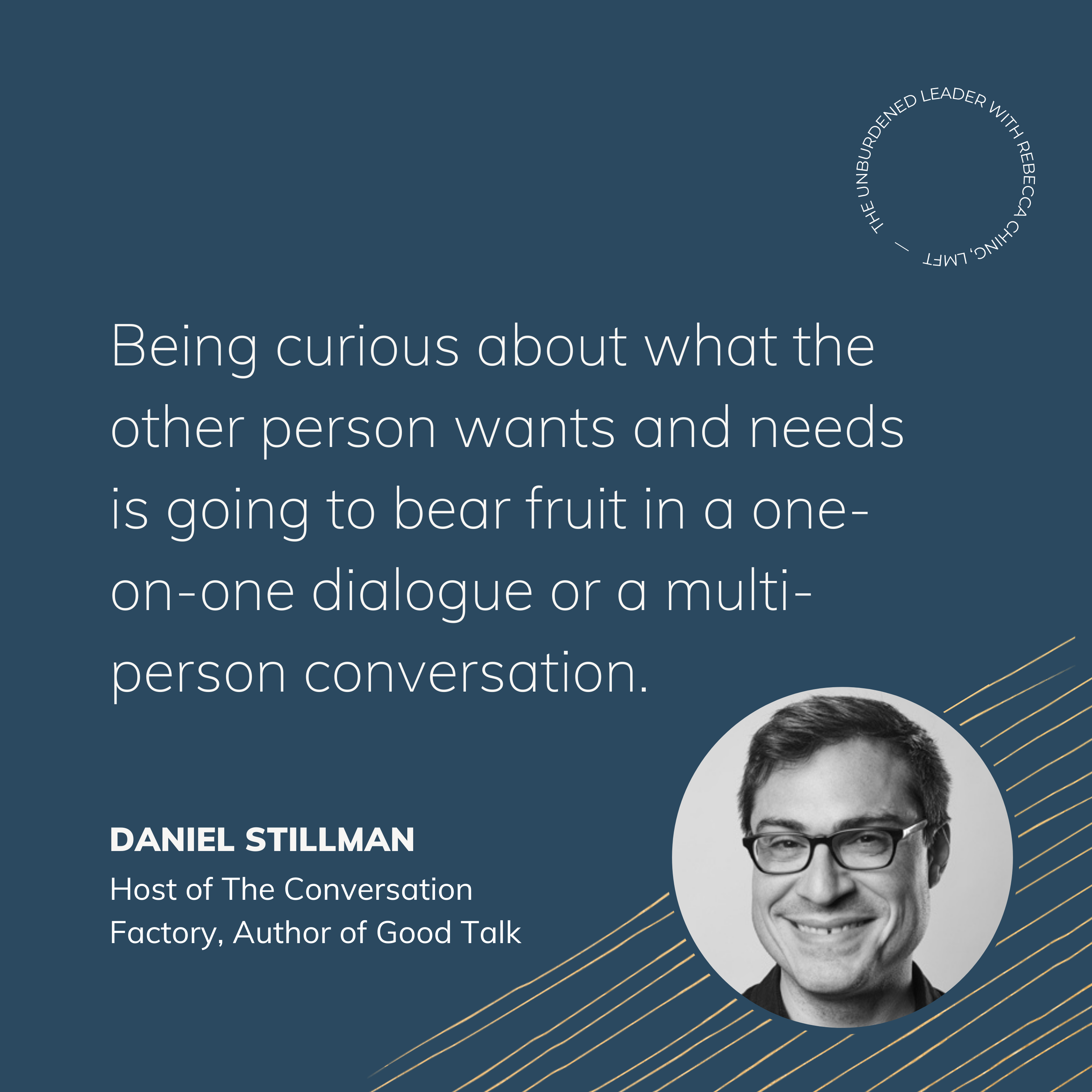How you talk to yourself often reflects how you lead and how you talk with others.
The harshness of your inner conversations seeps through into your conversations with others. The vice grip of judgment, resentment, and out of aligned expectations you’re holding combined with the burdens from difficult life experiences make it loud between the ears.
We navigate our internal conversations while simultaneously engaging in conversations with others. It gets messy and the inner conversations eventually spill out to our external conversations.
But our inner conversations of doubt, shame, and judgment are not a moral failure but a reflection of our past pain plus the world we live in and the thousands of messages we get everyday focused on questioning our health and our worth.
The message that we are the problem when we are struggling with how we talk to ourselves leaves out the responsibility of our history, our current culture that conflates beauty, power, and confidence in a way that fosters more hubris and masking.
We need to learn to befriend the parts of ourselves that are hyper critical and judgemental instead of exiling them or power-over them.
My guest today specializes in conversational leadership. The tools and practices he offers help us design conversations that matter.
Daniel Stillman designs conversations for a living and insists that you do, too. He’s an executive coach for leaders who want to facilitate real change. He’s also the host of The Conversation Factory podcast and author of Good Talk, a handbook for changemakers and innovators.
Listen to the full episode to hear:
- How creating the conditions for a transformational conversation opens the door to possibilities and new understanding
- How paying attention to space, place, and time sets the stage for transformational conversations
- How your internal conversations directly impact your ability to communicate with others
- Why conversational leaders need to focus on intrinsically motivating others
- The elements of a “conversation operating system”
Learn more about Daniel Stillman:
- DanielStillman.com
- The Conversation Factory
- Good Talk: How To Design Conversations That Matter
- Twitter: @dastillman
- Connect with Daniel on LinkedIn
Learn more about Rebecca:
Resources:







Comments +